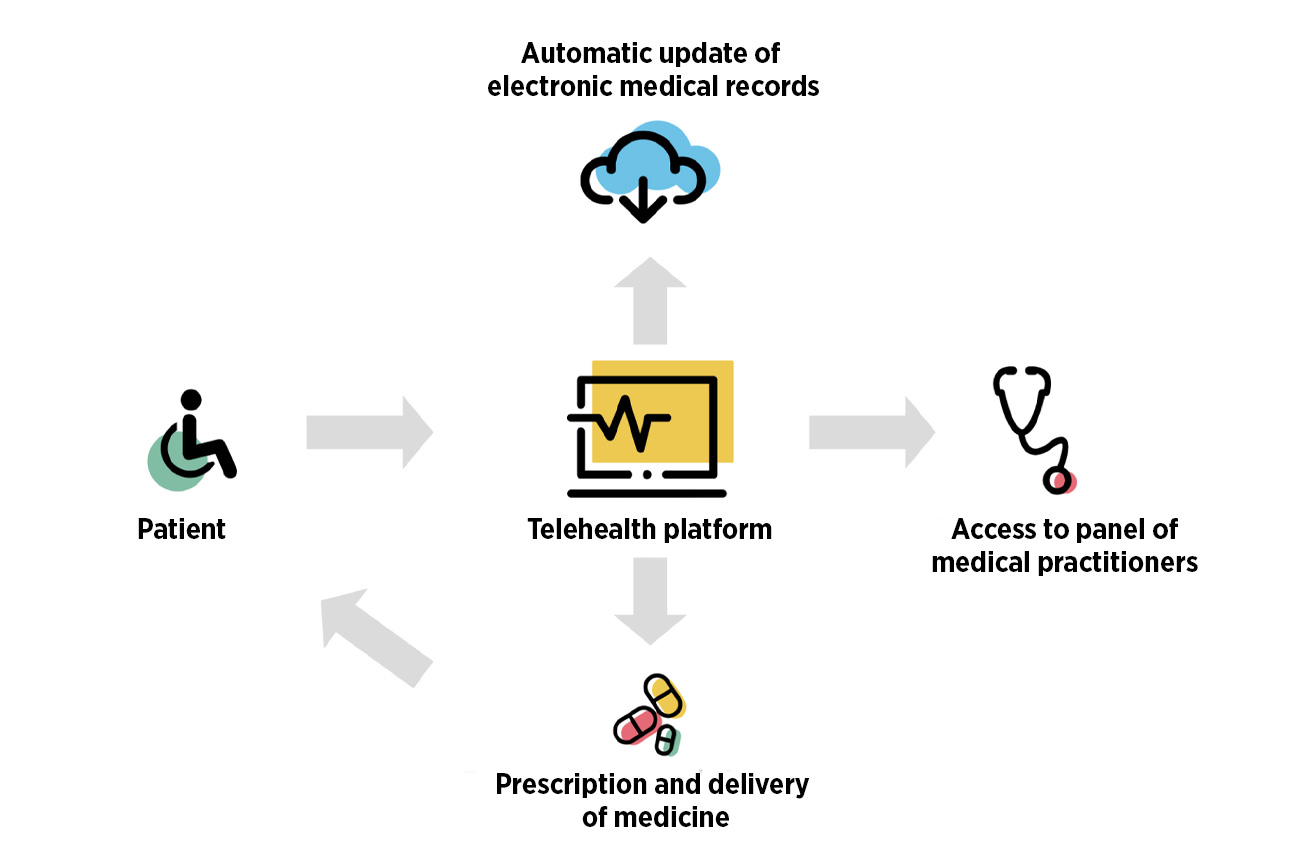
Intangible assets 101 for startups
As an IP Strategist, I have had the good fortune of interacting with many startup founders in the course of my work. Like heroes in the comic and cinematic universe, startup founders constantly face a multitude of pressing challenges, from having to validate the company’s problem statement, to building an A-team, and seeking funding to get through the next six months. As a result, many founders neglect the management of their intangible assets, which are key to the company’s unique selling proposition and sustainable value creation. In fact, talking about intangible assets to startup founders usually earns me a puzzled look. Based on these conversations, I would like to share my answers to some common questions that startup founders have about intangible assets.
What are intangible assets and why are they important?
Intangible assets are defined as assets that are not physical in nature. These include registrable intellectual property and non-registrable assets, such as those in the table below. These assets are the ingredients in a company’s secret sauce, and every company will have its own recipe.

Intangible assets represent the bulk of the value of a startup. To illustrate this, consider a startup that has received seed funding at a valuation of $1 million. This valuation would have been derived in bulk from the expectation of its future value. The key to unlocking this future value would then be the startup’s secret sauce, which it has painstakingly developed and should guard closely. This is done by protecting the portfolio of intangible assets which make up this secret sauce—an important element and first step in its overall IP strategy and commercialisation.
As a young startup, do I really have these intangible assets?
Most startups possess a larger portfolio of intangible assets than they realise. Let’s take the example of a telehealth startup that offers an online platform for simple and fuss-free consultations, by providing users with access to a panel of medical practitioners (illustrated below).

Such a startup would have:
- Software codes for its online and/or mobile platform, which are automatically protected by copyright, and can be protected as a trade secret by implementing additional safeguards
- Proprietary data from the collection of user data, preferences, and activity, which can be used to improve its product features, or monetised in adjacent industries
- A brand which creates long-term value for the company
- The know-how of key employees who formulate the algorithms and design the user experience of the platform
- Key relationships, such as those with key opinion leaders who can influence medical practitioners to join the platform
These are just a few examples. Startups in the hardware space will likely possess an even larger portfolio of intangible assets, such as patents and registered designs, to protect the functional and aesthetic design of its product.
Is it really that important to prioritise the management of these intangible assets?
Yes, it is important. As a busy entrepreneur, managing your startup’s intangible assets may not appear to be a pressing need. This is because the repercussions of not managing them well are unlikely to be immediate, and typically manifest after the startup has achieved some success. However, your company could end up in a difficult and undesirable situation by then. Based on the telehealth example, consider the following negative scenarios if its intangible assets had not been managed early:
Software code
While conducting due diligence on the startup in preparation for a Series C round, the VC discovers that the telehealth platform was built on “copyleft” software, and the startup is obliged to publish its software for free. This causes the valuation of the company to plunge.
Brand
The startup has achieved moderate success in Singapore, and has gained some brand recognition. The next step of the startup’s growth is to expand overseas. In preparation for this, the company applies to register its logo in its markets of interest, only to realise that the logo has already been registered by a third party. The startup is then forced to either acquire the logo from said third party for a fee, or spend an inordinate amount to rebrand itself in the new markets, losing the brand equity it could have leveraged.
Trade secret
A key employee leaves for a competitor and implements a core algorithm belonging to the startup in the competitor’s platform, greatly eroding the telehealth company’s competitive advantage.
These scenarios can derail your startup at a stage where it is supposed to scale. However, they can be avoided by managing your intangible assets early. In addition, having a good grasp of your intangible assets will allow you to articulate the value of your startup to investors clearly, minimising the laboriousness of the due diligence process.
I’m convinced that I should start managing my intangible assets early, but I have heard that IP protection is expensive.
A good intangible asset management framework will take into account your business model, budget considerations, and protection needs. Not all intangible assets can, or should be, protected by obtaining formal registration. Some intangible assets are better protected in the form of trade secrets, which do not incur any registration fees.
The perception that protecting your intangible assets is costly mainly stems from high patenting costs. Trademark and registered design registration fees are quite moderately priced. By considering all options of intangible asset protection holistically, startups should be able to arrive at a protection strategy that is within their budget.
Protect your intangible assets today
I hope the answers to these commonly asked questions on intangible assets have helped you resolve some of your own. As a founder of a startup, your intangible assets are what power your company. Do not let negligence rub the magic off your unicorn prematurely. Start identifying and managing your most important assets today.
Discover how you can best protect and maximise your intangible assets by speaking to our IP Strategists at IP Week @ SG 2019, happening on 27-28 August at Marina Bay Sands. IP Week is a premier forum on innovation in the region that saw more than 3500 delegates from over 45 countries last year. Look out for our IP strategists at the IPOS booth in the exhibition and networking hall, also known as IP Market Place. More details are available at www.ipweek.sg.
 This is the edited version of an article contributed by Fu Zhikang ([email protected]), Intellectual Property Strategist, IP ValueLab. IP ValueLab helps businesses establish a strong IP position and competitive edge in their innovations. To learn how you can leverage on your IP to drive sustainable margins and higher returns, email us at [email protected] or call +65 63308610. Read the full blog post here.
This is the edited version of an article contributed by Fu Zhikang ([email protected]), Intellectual Property Strategist, IP ValueLab. IP ValueLab helps businesses establish a strong IP position and competitive edge in their innovations. To learn how you can leverage on your IP to drive sustainable margins and higher returns, email us at [email protected] or call +65 63308610. Read the full blog post here.



















